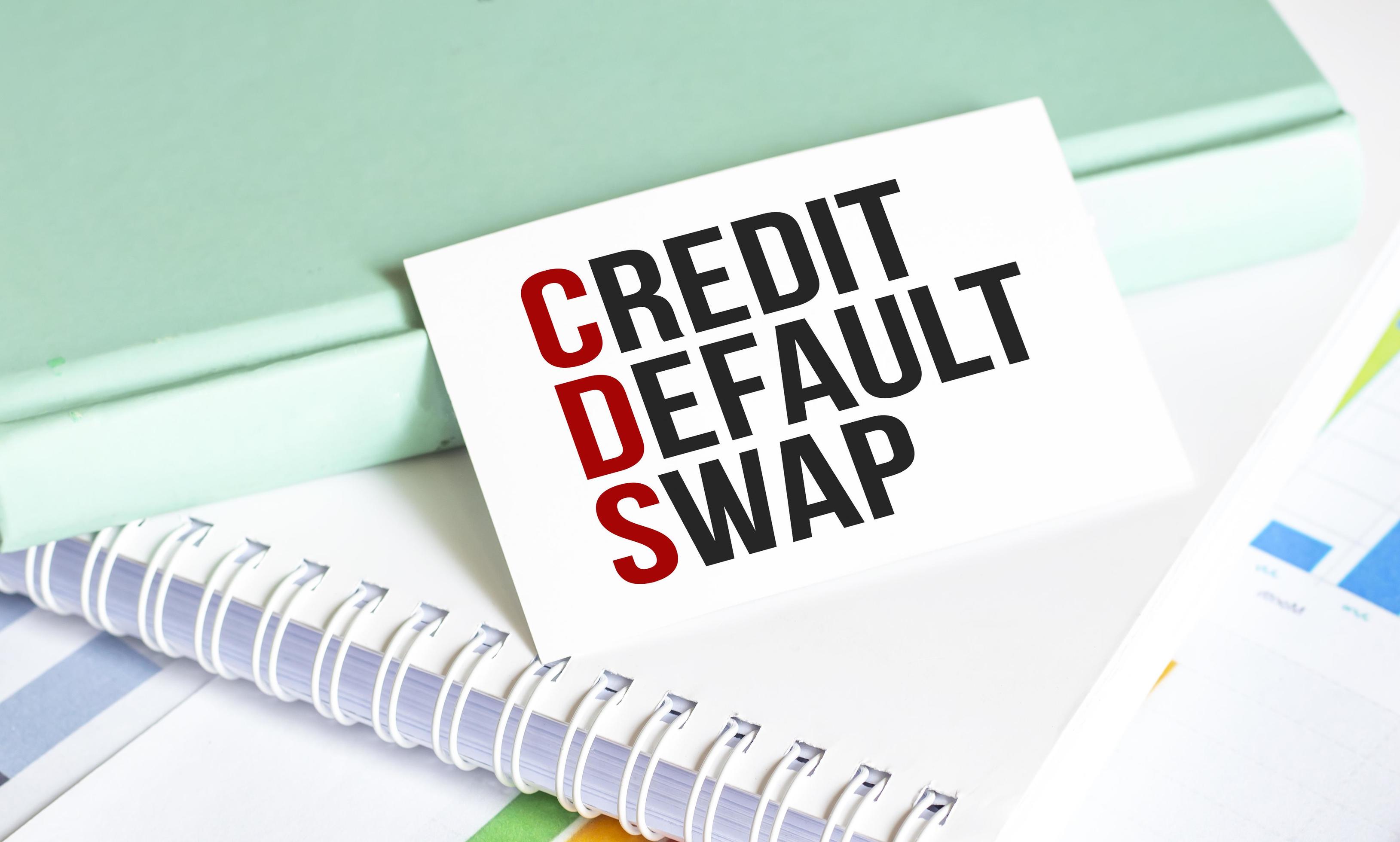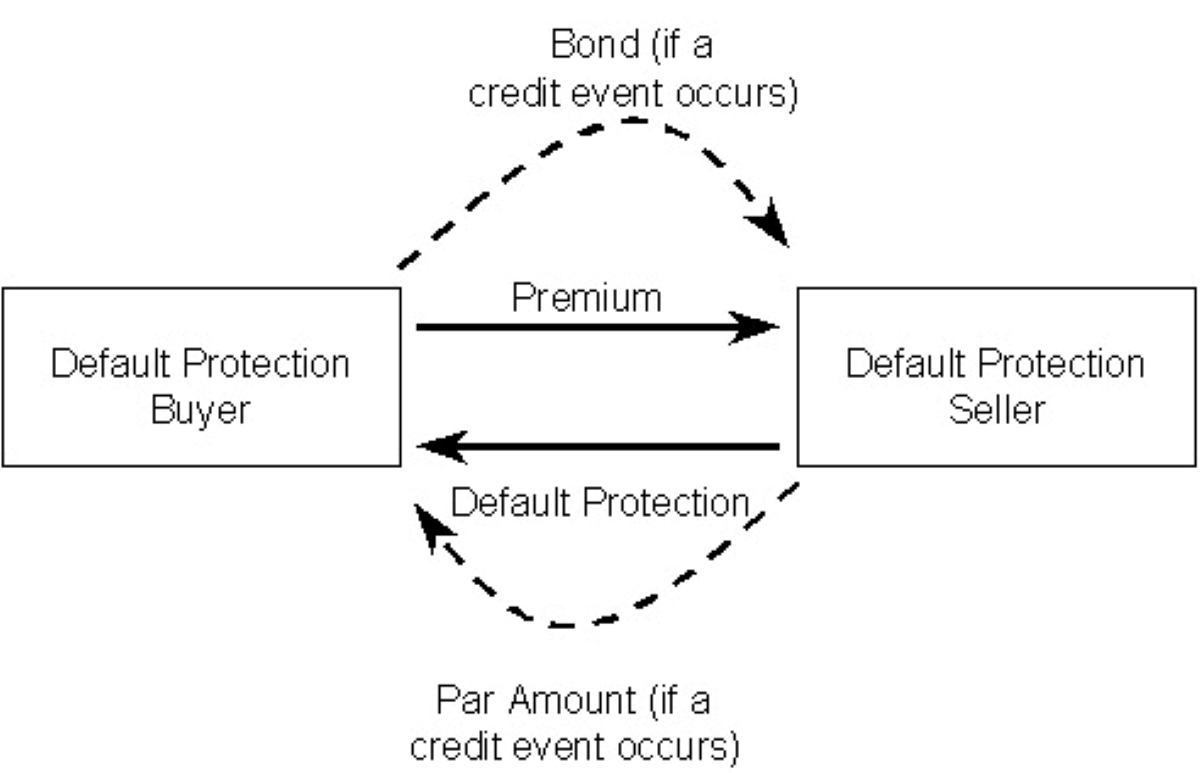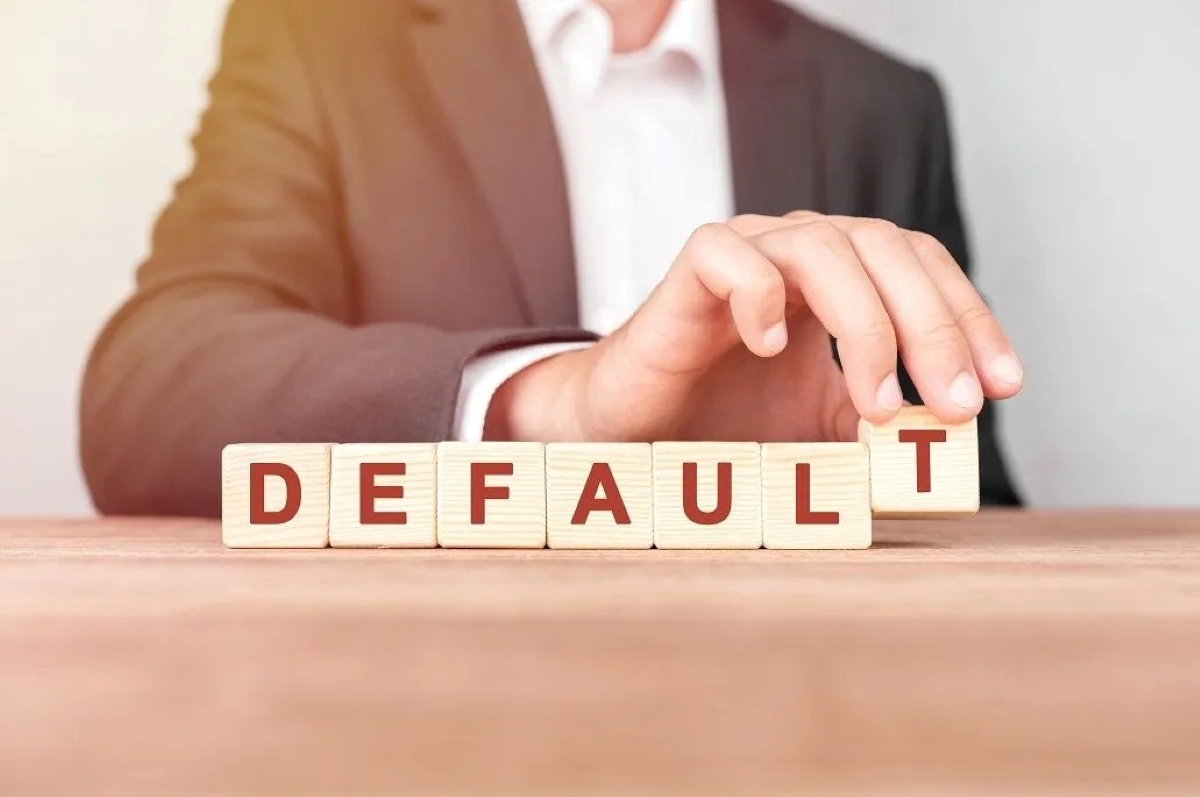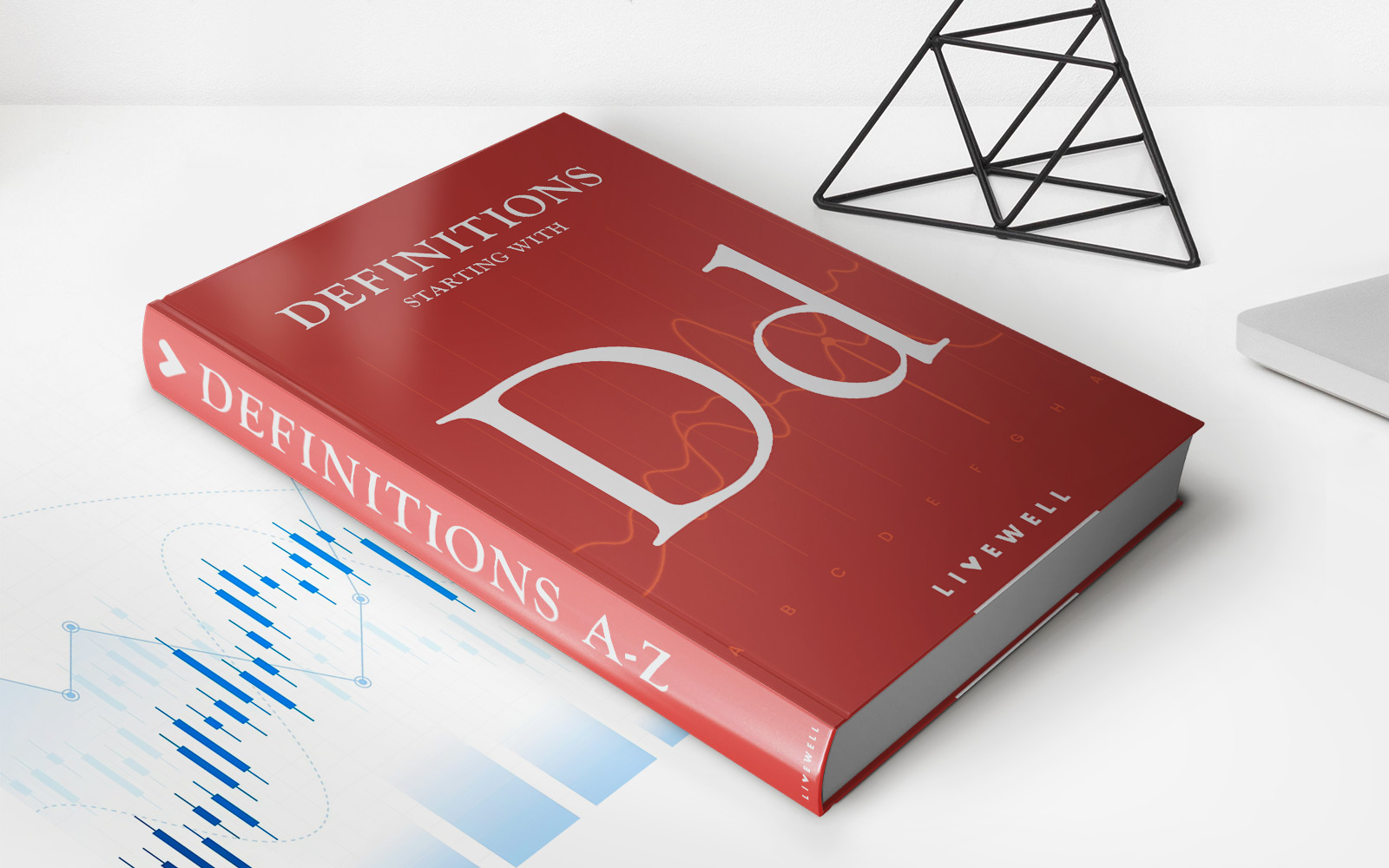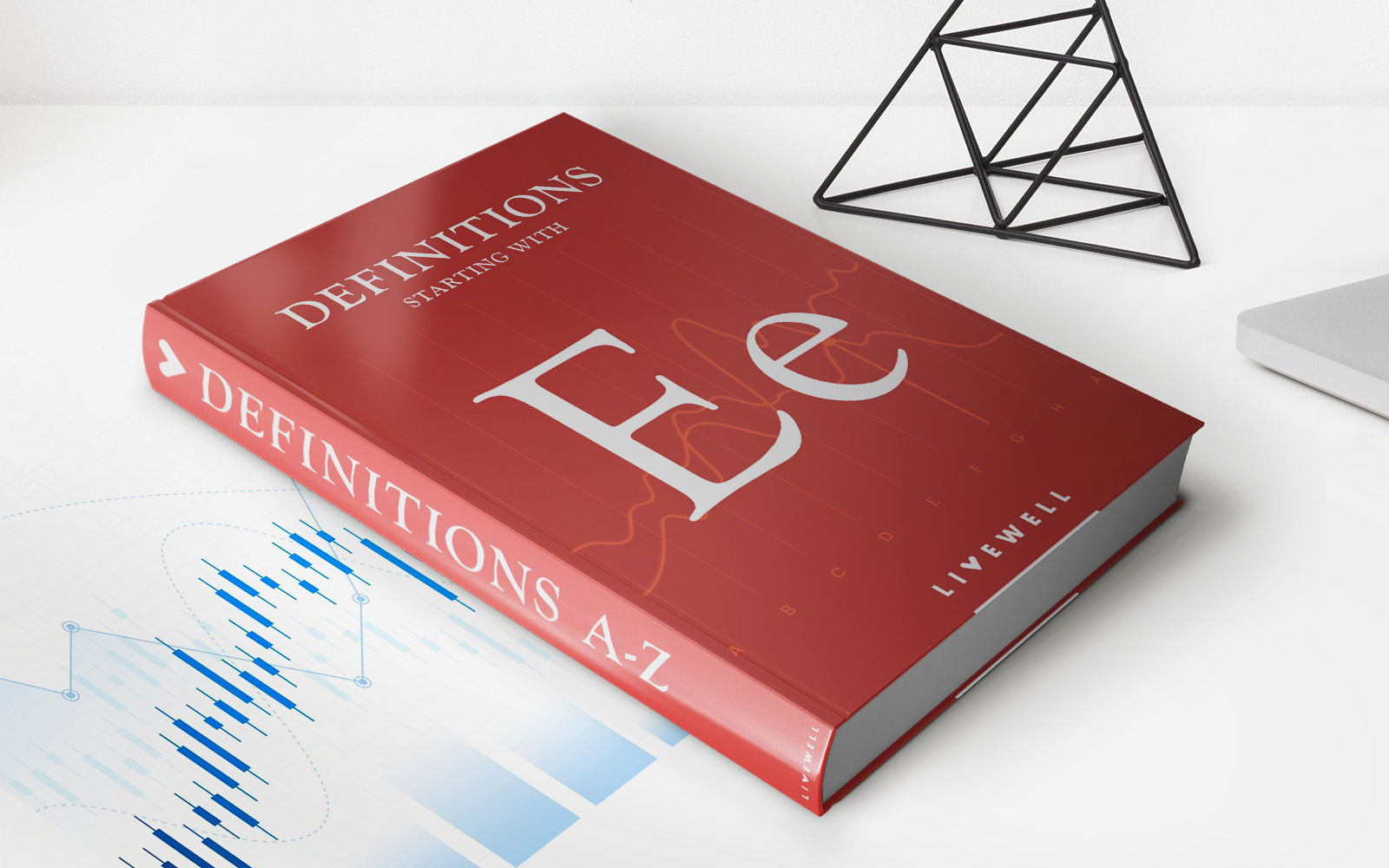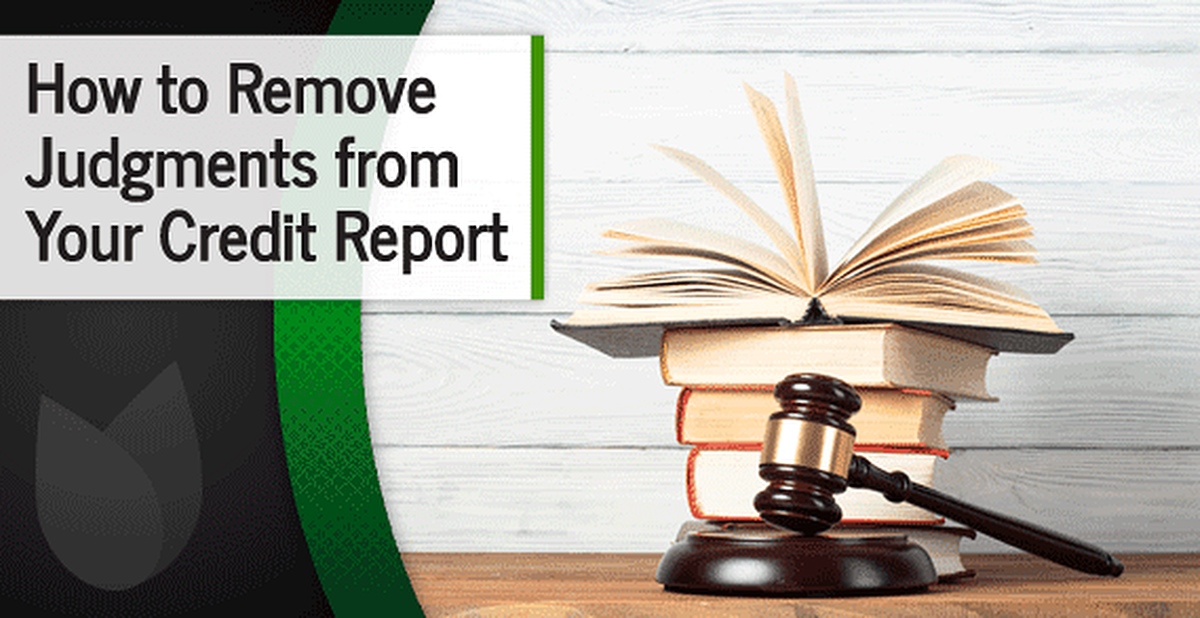

Finance
How To Remove Credit Default Judgment
Published: March 4, 2024
Learn how to remove a credit default judgment and improve your financial situation. Get expert tips and advice on managing your finances effectively.
(Many of the links in this article redirect to a specific reviewed product. Your purchase of these products through affiliate links helps to generate commission for LiveWell, at no extra cost. Learn more)
Table of Contents
Introduction
Understanding the Impact of Credit Default Judgments
Credit default judgments can have a significant impact on your financial well-being, affecting your ability to secure loans, obtain favorable interest rates, or even rent an apartment. It's crucial to understand the implications of these judgments and the steps you can take to remove them from your credit report. In this comprehensive guide, we will delve into the intricacies of credit default judgments, equipping you with the knowledge and strategies to address and potentially eliminate this financial burden.
A credit default judgment occurs when a creditor takes legal action against a debtor who has failed to repay a debt. This legal judgment is issued by a court and can severely tarnish your credit history. It serves as a public record of your failure to fulfill financial obligations, which can be detrimental when applying for credit or seeking favorable terms on financial products.
By exploring the process of removing credit default judgments, you can regain control over your financial standing and work toward rebuilding a favorable credit profile. Whether you are grappling with a legitimate judgment or disputing its accuracy, understanding the steps involved is crucial for mitigating its impact on your financial future.
Throughout this guide, we will navigate the complexities of credit default judgments, empowering you with actionable insights to rectify inaccuracies, negotiate with creditors, and seek legal recourse if necessary. By taking proactive measures to address credit default judgments, you can pave the way for improved financial stability and greater access to credit opportunities.
Join us as we embark on a journey to unravel the nuances of credit default judgments and equip you with the knowledge and strategies to navigate this challenging terrain. Let's embark on this empowering journey toward financial freedom and a brighter credit future.
Understanding Credit Default Judgments
When a borrower fails to repay a debt, the creditor may pursue legal action to recover the amount owed. This legal action can result in a credit default judgment, which is a court-ordered ruling that validates the creditor’s claim for the outstanding debt. Once a judgment is issued, it becomes a matter of public record and can significantly impact the debtor’s creditworthiness.
It’s important to note that credit default judgments can remain on your credit report for up to seven years, making it challenging to obtain new lines of credit or secure favorable terms on loans. Additionally, the presence of a judgment can deter potential landlords or employers who may review your credit history as part of their evaluation process.
Furthermore, credit default judgments can lead to wage garnishment, wherein the creditor has the legal right to collect the owed amount directly from your wages. This can further exacerbate financial strain and limit your ability to meet other financial obligations.
Understanding the implications of credit default judgments is crucial for devising a strategic plan to address and potentially remove these detrimental marks from your credit report. By familiarizing yourself with the intricacies of this process, you can take proactive steps to mitigate the impact and work toward restoring your financial stability.
Next, we will explore the initial steps you can take to assess the presence of credit default judgments on your credit report and begin the process of rectifying any inaccuracies. By gaining clarity on your credit standing, you can lay the groundwork for pursuing various avenues to address and potentially eliminate credit default judgments.
Checking Your Credit Report
Before embarking on the journey to address credit default judgments, it’s essential to obtain a comprehensive view of your credit report. You can request a free copy of your credit report from each of the three major credit bureaus – Equifax, Experian, and TransUnion – once a year. Reviewing your credit report allows you to identify any credit default judgments that may be adversely affecting your creditworthiness.
Upon receiving your credit reports, carefully examine each one for any indications of credit default judgments. Pay close attention to the section that outlines public records, as this is where judgments and other legal actions are typically listed. It’s important to verify that the information presented is accurate and up to date.
If you discover any credit default judgments on your credit report, take note of the details, including the name of the creditor, the amount owed, and the date the judgment was entered. Understanding the specifics of each judgment will enable you to formulate a targeted approach for addressing them.
Should you encounter any inaccuracies or discrepancies in the reported judgments, it’s imperative to initiate the dispute resolution process with the respective credit bureaus. By contesting erroneous information, you can seek to have any unjustified judgments removed from your credit report, thereby alleviating the adverse impact on your credit standing.
By proactively monitoring your credit report and scrutinizing it for any credit default judgments, you are taking a vital step toward regaining control over your financial reputation. In the subsequent sections, we will delve into the process of disputing inaccurate information and explore strategies for negotiating with creditors to potentially resolve outstanding judgments.
Disputing Inaccurate Information
Upon identifying any inaccuracies or discrepancies in your credit report, particularly pertaining to credit default judgments, it is imperative to take prompt action to rectify these errors. The Fair Credit Reporting Act (FCRA) grants you the right to dispute any information on your credit report that you believe to be inaccurate or incomplete.
The first step in disputing inaccurate information is to submit a formal dispute letter to the credit bureau that issued the report containing the disputed judgment. In your letter, clearly outline the details of the judgment you are disputing and provide supporting evidence to substantiate your claim. This may include documents such as payment receipts, correspondence with the creditor, or any other relevant proof that contradicts the validity of the judgment.
Upon receiving your dispute, the credit bureau is required to conduct an investigation into the contested information. During this process, the bureau will reach out to the creditor responsible for the judgment to verify its accuracy. If the creditor fails to provide sufficient evidence to validate the judgment within a reasonable timeframe, the credit bureau is obligated to remove the disputed item from your credit report.
It’s important to maintain thorough documentation of all communication and correspondence related to the dispute, including certified mail receipts and any responses received from the credit bureau and creditor. This documentation serves as a safeguard in the event that further action is necessary to compel the removal of the disputed judgment.
By leveraging your rights under the FCRA to dispute inaccurate information, you are actively advocating for the integrity of your credit report and working to ensure that it accurately reflects your financial history. In the subsequent section, we will explore strategies for engaging with creditors to negotiate the potential removal of credit default judgments through settlement agreements and payment arrangements.
Negotiating with the Creditor
When faced with credit default judgments, engaging in direct negotiations with the creditor responsible for the judgment can present an opportunity to potentially resolve the outstanding debt and facilitate the removal of the judgment from your credit report. While the creditor is under no legal obligation to negotiate, they may be open to reaching a mutually beneficial arrangement.
Initiating negotiations with the creditor entails expressing a genuine willingness to address the debt and seeking a resolution that is feasible for both parties. It’s essential to approach these discussions with a clear understanding of your financial circumstances and a proposed plan for satisfying the debt, whether through a lump-sum settlement or structured payment arrangement.
When proposing a settlement, consider offering a reduced amount as a one-time payment in exchange for the creditor agreeing to release the judgment and report the debt as “satisfied” or “paid in full” to the credit bureaus. Alternatively, if a lump-sum payment is not viable, you can explore the possibility of negotiating a manageable payment plan that allows you to gradually satisfy the debt over an agreed-upon period.
During negotiations, it’s crucial to document any agreements or arrangements reached with the creditor in writing. This includes outlining the terms of the settlement or payment plan, the amount to be paid, and the timeline for fulfilling the agreed-upon terms. Having a formal agreement in place serves to protect both parties and provides a clear record of the resolution reached.
Successfully negotiating the removal of a credit default judgment can significantly alleviate its impact on your creditworthiness and financial standing. By demonstrating a proactive approach to addressing the debt and engaging in earnest negotiations with the creditor, you may secure a resolution that paves the way for the elimination of the judgment from your credit report.
In the subsequent section, we will explore the option of seeking legal assistance, particularly if negotiations with the creditor prove challenging or if you require professional guidance in navigating the complexities of credit default judgments.
Seeking Legal Assistance
When confronted with the complexities of credit default judgments, seeking legal assistance from a qualified attorney specializing in consumer finance and credit law can provide invaluable support and guidance. An experienced attorney can offer comprehensive insight into your rights, legal options, and potential strategies for addressing credit default judgments.
Legal professionals well-versed in credit law can assess the circumstances surrounding the credit default judgment and provide an informed perspective on the most effective course of action. They can also offer personalized advice tailored to your specific financial situation, empowering you to make well-informed decisions regarding the best approach to address the judgment.
One of the key benefits of enlisting legal assistance is the representation and advocacy provided by an attorney when engaging with creditors, collection agencies, and credit bureaus. Legal professionals can skillfully navigate the intricacies of negotiations, dispute resolutions, and potential litigation, serving as a steadfast advocate for your rights throughout the process.
Furthermore, an attorney can evaluate the validity of the credit default judgment and explore potential avenues for challenging its legality or pursuing its removal based on legal grounds. This may involve scrutinizing the procedural aspects of the judgment, assessing compliance with relevant laws and regulations, and identifying any potential violations that could support the case for its removal.
If negotiations with the creditor prove challenging or if you encounter obstacles in disputing inaccurate information on your credit report, legal representation can provide a proactive and authoritative approach to addressing credit default judgments. By leveraging the expertise of a seasoned attorney, you can navigate the complexities of credit law with confidence and pursue a resolution that aligns with your financial goals.
As we conclude our exploration of credit default judgments, it’s important to recognize that seeking legal assistance can be a pivotal step toward achieving a favorable outcome and reclaiming your financial stability. By partnering with a knowledgeable attorney, you can navigate the challenges posed by credit default judgments with clarity, determination, and a strong foundation of legal support.
Conclusion
Addressing credit default judgments is a multifaceted endeavor that demands proactive engagement and a comprehensive understanding of your rights and options. By navigating the complexities of credit default judgments, you can take significant strides toward mitigating their impact and reclaiming control over your financial well-being.
Throughout this guide, we have underscored the importance of thoroughly examining your credit report to identify any credit default judgments and initiating the dispute resolution process to rectify inaccuracies. By leveraging the protections afforded under the Fair Credit Reporting Act, you can advocate for the accuracy of your credit report and seek the removal of unjustified judgments.
Additionally, we have explored the potential for negotiating with creditors to reach settlements or structured payment arrangements that may lead to the removal of credit default judgments. These negotiations present an opportunity to address outstanding debts and pave the way for a more favorable credit standing.
For individuals facing complex legal challenges or encountering resistance in their efforts to address credit default judgments, seeking legal assistance from a knowledgeable attorney specializing in credit law can provide invaluable support and advocacy.
Ultimately, the journey to remove credit default judgments from your credit report requires diligence, perseverance, and a proactive approach to engaging with creditors, credit bureaus, and, if necessary, legal professionals. By arming yourself with the knowledge and strategies outlined in this guide, you are empowered to navigate this process with confidence and determination.
As you embark on this journey toward financial empowerment, remember that addressing credit default judgments is a pivotal step in shaping a brighter credit future. By taking proactive measures to rectify inaccuracies, negotiate with creditors, and seek legal guidance when needed, you are forging a path toward enhanced financial stability and greater access to credit opportunities.
With a steadfast commitment to addressing credit default judgments and a clear understanding of the available avenues for resolution, you are well-equipped to navigate this challenging terrain and chart a course toward a more promising financial future.
